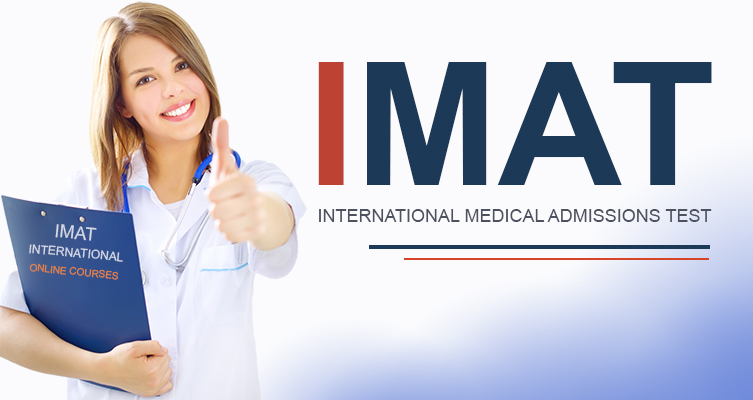Taking your aspirations to a foreign country is a milestone for many Indian students. However, this journey is often road blocked by its financial implications. Thus, there is a need to have a well-planned borrowing strategy. We will conduct a thorough comparison of student loan options, tailored for Indian students.
Government-Backed Loans vs. Private Loans
Government-Backed Loans
Advantages: Government-Backed student Loans are offered at lower interest rates (around 8-10% annually), they have longer repayment terms and sometimes subsidies on interest.
Disadvantages: They are available up to only INR 20-30 lakhs. Moreover, being government backed brings in higher level of scrutiny which in turn means a stricter eligibility criterion.
Private Loans
Advantages: Private sector student loans can have higher limits upwards of INR 50 lakhs. They are more flexible in nature and the processing time is also faster.
Disadvantages: The major impediment in securing a private loan is the high rate of interest (10-14%) and the repayment schedule is stricter.
Types of Interest Rates: Fixed vs. Variable
Fixed Interest Rates
Pros: Offer predictability in repayments; rates generally vary between 9% and 12%.
Cons: Such student loans for studying abroad can be higher than initial variable rates.
Variable Interest Rates
Pros: Start with lower rates, beneficial if market rates decline.
Cons: Risk of increasing payments if market rates rise.
Loan Repayment Terms and Grace Periods
Repayment Terms
Short-Term Loans: Typically, 5-7 years, resulting in higher monthly payments but less interest overall.
Long-Term Loans: These student loans for studying abroad extend up to 10-15 years, easing monthly burdens but increasing the total interest paid.
Grace Periods
Post-Graduation: Several banks offer a six to twelve-month window before repayments start. It eases the burden of immediate repayment and one has time to look for a job.
Indian Loan Providers
Public Sector Banks
State Bank of India (SBI): Global Ed-Vantage scheme offers loans up to INR 1.5 crores with interest rates starting from 8.85% p.a.
Punjab National Bank (PNB): PNB Udaan loans offer up to INR 40 lakhs with interest rates around 9% p.a.
Private Banks and NBFCs
HDFC Bank: Provides flexible loans up to INR 20 lakhs with interest rates starting from 9.50% p.a.
Credila: Specializes in education loans, offering variable rates and customizable plans.
Evaluating Your Options
You must consider the following parameters while deciding upon your loan:
- Interest Rate Impact: Lower rates are critical for long-term affordability.
- Loan Amount Adequacy: Ensure the loan covers all costs, including hidden expenses.
- Repayment Terms: Seek flexible options that align with potential earnings.
- Processing Efficiency: Consider the ease and speed of loan approval.
- Collateral Requirements: Weigh the implications of secured versus unsecured loans.
For an Indian student, securing a student loan is a major step. You are advised to compare different loan types, interest rates, and repayment terms. It is better to consult a financial advisor and make the best possible decision keeping in mind your future financial capabilities.






